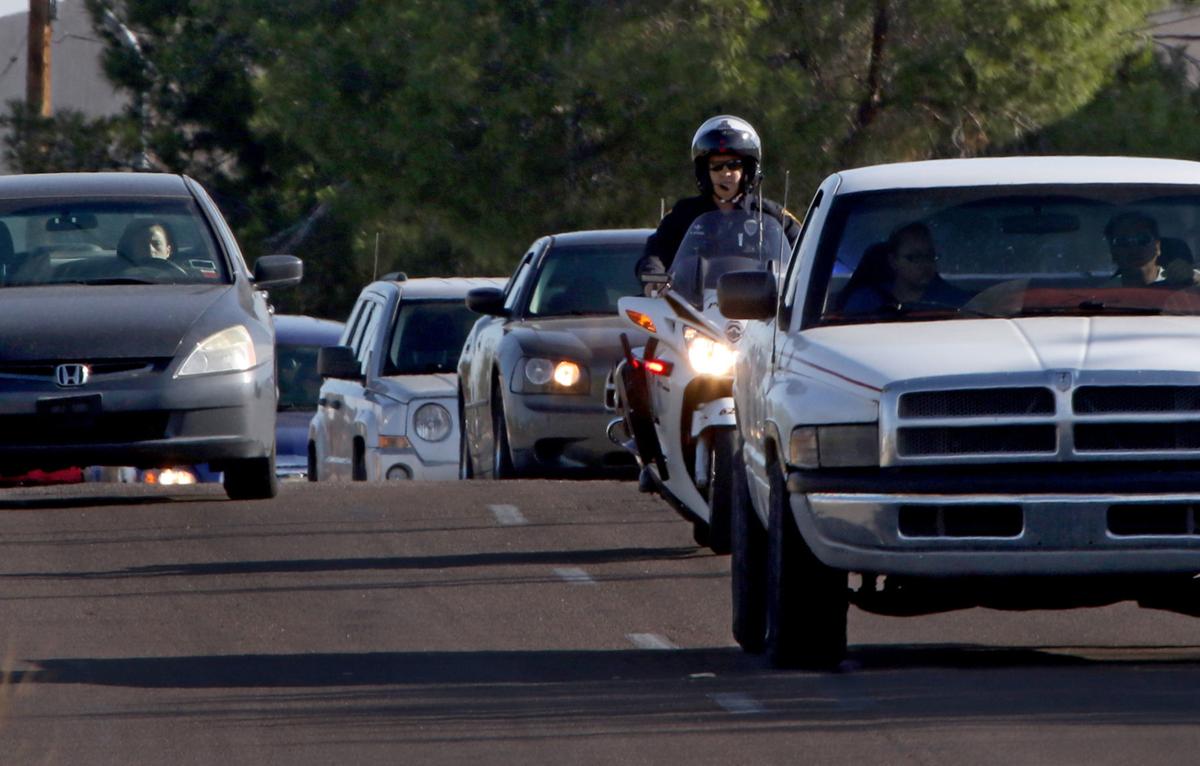PHOENIX — A proposal endorsed by a House panel would allow Arizonans who violate traffic laws to decide if they’re willing to work off at least part of the fine.
House Bill 2055, approved 6-4 Wednesday by the House Judiciary Committee, would allow ticket holders to ask to perform community service at $10 an hour for up to half of the fine. It also would permit judges to allow the entire fine to be waived for additional hours of work.
Motorists could still choose the option of having their citations wiped out by attending and paying for defensive driving classes.
But the bill faces an uncertain future, and a possible legal challenge, because of the way it is worded.
The measure was written by Rep. Leo Biasiucci, R-Lake Havasu City, after a Phoenix municipal judge refused to allow him to work off a citation for illegally parking in an alley.
“I feel like this is really a great bill that will help those people that are really in need, the mother that has three children, two jobs,” Biasiucci said. “The last thing we want to see happen is situations were people are getting their car towed for a simple traffic violation because they couldn’t afford to pay it.”
The concept drew strong support from Donna Hamm, director of Middle Ground Prison Reform.
“This bill goes to the heart of what restorative justice is,” she said, saying that is a focus on rehabilitation as well as getting offenders to reconcile with the community.
But Craig Wismer, the Avondale justice of the peace, questioned the need for such a law.
He said he already has the discretion to decide that some offenders facing financial hardship should be offered the option of community service as an alternative to a fine. This measure, Wismer said, removes the ability of judges to decide who should — and should not — have that made available.
Jerry Landau, lobbyist for the Arizona Supreme Court, said the requirement that judges allow people to work off up to half of their fines presents some logistical problems. In rural areas, he said, there may not be systems set up to monitor volunteer help.
The bigger hurdle could be legal.
In reducing the amount of the fine, the legislation would also reduce — or potentially eliminate — the various surcharges that now are placed on penalties.
These include a 10 percent surcharge to fund the Citizens Clean Elections Act, a system that allows candidates for statewide and legislative office to get public campaign funding if they agree not to take money from special interests.
Tom Collins, executive director of the Clean Elections Commission, said the surcharge is crucial. Of the $6.9 million collected in a recent year, the vast majority came from traffic fines, with the balance from surcharges on other civil and criminal fines, he said.
The public financing system and the method of funding it were enacted by voters in 1998.
“We are inviting a lawsuit from the Clean Elections Commission to protect what was granted to them by the voters,” said Rep. Diego Rodriguez, D-Phoenix.
The measure now needs constitutional review before going to the full House.





